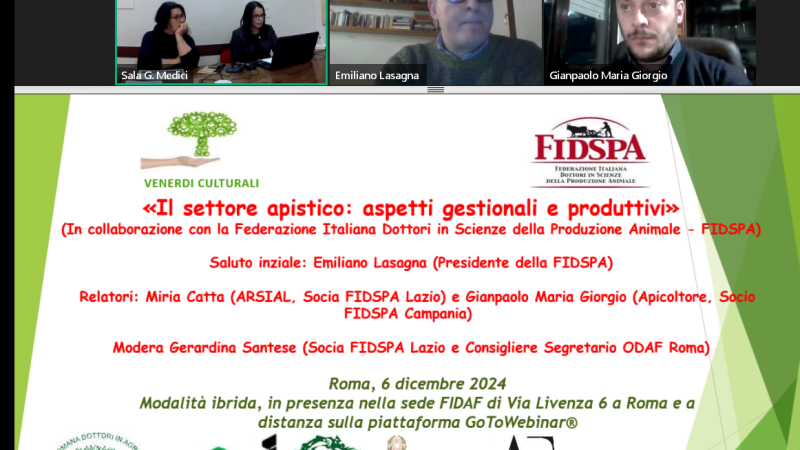Genome Editing in Potato using TALENs Delivered via Agroinfiltration

TALENs (transcription activator-like effector nucleases), one of the genome editing tools, have a likely lesser chance of having off-target mutations than other genome editing techniques. However, a rapid test system for the functionality of the designed TALENs and an effective delivery system for introducing TALENs to plants are critical for successful target mutation. While TALENs are usually introduced into plants using viral vectors, these are not always available, and plants edited by these vectors usually require virus elimination.
A research team led by Jin Ma of the University of New Brunswick and the Agriculture and Agri-Food Canada used a non-viral, Agrobacterium-mediated transient expression approach, to serve both as a rapid test and an effective delivery of TALENs into two vegetatively propagated potato cultivars, Solanum tuberosum Russet Burbank and Shepody.
Two TALENs with different molecular weights were introduced into the leaves of potato plants by Agrobacterium-mediated infiltration. The two TALENs were designed to target two different endogenous genes, one coding for starch branching enzyme and one for an acid invertase. Analysis of the transformants revealed that the two sets of TALENs, even with different molecular weights, were successful in inducing mutations at two different loci in the tetraploid potato.
For more on this study, read the article in Plant Biotechnology Reports.







